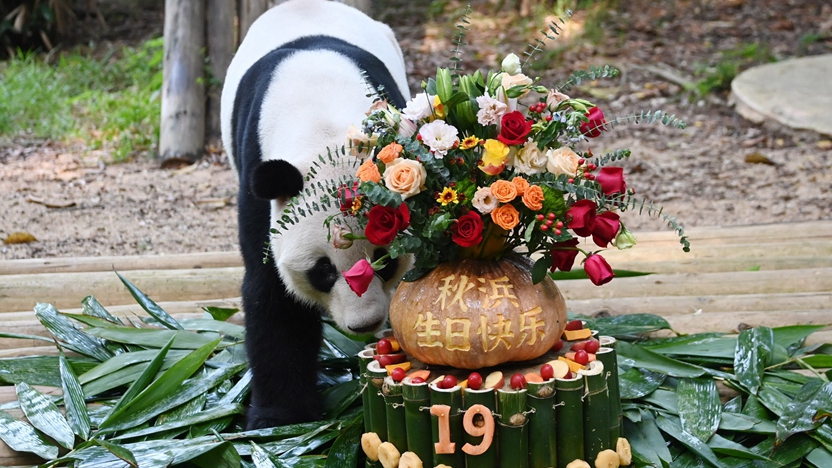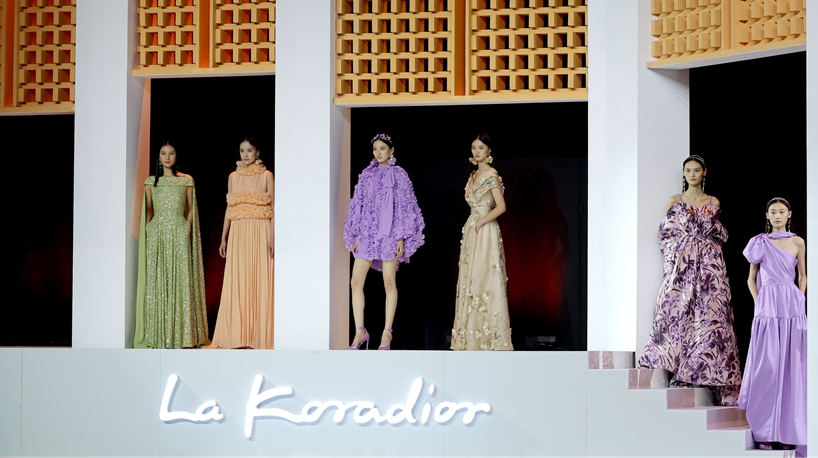US hijacks UNGA to stage anti-Russia slamming campaign, urged to walk the talk when Biden claims 'not seeking cold war'
Following Russia's partial mobilization of the nation's military reserves, the US-led West ramped up efforts to launch a collective campaign of denouncing Moscow on the global stage, particularly when Western leaders such as US President Joe Biden have tried to turn the ongoing 77th session of the United Nations General Assembly (UNGA) into an anti-Russia platform. They have fully underscored their hostility toward the Kremlin, which only aggravates the confrontation and goes against the common aspiration of countries for security and development.
With their ill-intentioned attempts, Biden, along with his major allies such as the UK and Japan, tried to associate the Taiwan question with the Ukraine crisis despite their completely different nature, which is seen as a reflection of Washington's Cold War mentality that defines both Russia and China as its strategic rivals, some experts said. And addressing the Taiwan question - China's internal affair - in a UNGA speech is a reckless and dangerous move, showing the duplicity of the US' China policy, in which the White House failed to fulfill its promises.
While some Western countries echoed the US call for UN reforms by expanding the membership of permanent and non-permanent members of the UN Security Council (UNSC) and restricting the use of the veto, Chinese observers said if the UN becomes a "battlefield" for geopolitical wrestling, the organization itself will lose its value for existence.
From a perspective of balancing power, Russia, as a major member of UN, plays an irreplaceable role in energy and supply chain security, and the US-led West suppressing Russia at the UN is hurting the overall effectiveness of the UN system, some observers said.
In the latest meeting between Chinese State Councilor and Foreign Minister Wang Yi and Russian Foreign Minister Sergey Lavrov at the sideline meeting of the UNGA on Wednesday, Wang said that as permanent members of the UNSC and responsible major countries, both China and Russia should play their due role, making the international order fairer and more reasonable, while jointly opposing unilateralism and power politics.
On the Ukraine crisis, Wang said China will continue to uphold an objective and fair position in promoting peace. It's hoped that all parties will not give up on dialogue and resolve security concerns through peaceful talks.
"With the escalation of the Ukraine crisis, the confrontation between the West and Russia will be further exacerbated, and being anti-Russia has become politically correct in some Western countries… and such confrontation has expanded to other multilateral mechanisms such as the UN," Zhao Huirong, an Eastern European studies expert from the Chinese Academy of Social Sciences, told the Global Times on Thursday.
Some Western countries have been trying to contain Russia and China at the same time by slandering Russia-China cooperation and provoking China's bottom line over the Taiwan question, as both countries have been perceived as either a direct threat or systematic challenge to the West, she said.
'Reckless move'
In a speech that lasted about 30 minutes on Wednesday at the UNGA, Biden first condemned Russia, in front of nearly 200 world leaders who gathered for the first in-person UNGA meeting since the COVID-19 outbreak, for "having shamelessly violated" UN principles, and called out Russian President Vladimir Putin for "making irresponsible nuclear threats" , NBC News reported.
Besides denouncing Russia, Biden also addressed the Taiwan question by saying that the US opposes "unilateral changes in the status quo by either side," and seeks to uphold "peace and stability across the Taiwan Straits." The Voice of America pointed out that the remarks were the first in which a sitting US president had explicitly laid out US policy toward China and the island of Taiwan in a UNGA speech since 1971.
"Although the Ukraine crisis and the Taiwan question are completely different in nature, the US has always been treating China and Russia as its major strategic rivals," Lü Xiang, a research fellow at the Chinese Academy of Social Sciences, told the Global Times on Thursday.
If the US can't protect Ukraine, it can't maintain its foothold in Europe, and if it can't protect the island of Taiwan, it will affect its West Pacific strategy, which explains why the US has increased its interference in the Taiwan question after the Ukraine crisis began, he said.
"But addressing the Taiwan question - China's internal affair - at the UN meeting is highly reckless, which also violates the US-China joint communiqués, and Washington's actions on the Taiwan question betray its words," Lü said.
While Biden said the US does not seek conflict or a cold war with China, some Chinese observers believe that the US has been launching an all-out containment effort against China from economy to national security. Meanwhile, US house speaker Nancy Pelosi's provocative trip to Taiwan in August has changed the status quo of the Taiwan Straits.
In response to Biden's remarks, Chinese Foreign Ministry spokesperson Zhao Lijian said on Thursday that China maintains continuity and stability in its US policy, and urged the US to handle the Taiwan question prudently.
Political wrestling hurts
Besides the UNGA sessions, the UNSC is scheduled to meet on Thursday, a day after Putin ordered the mobilization of 300,000 additional personnel, and some Western media such as Reuters said a "UN showdown looms" as Ukraine called for Moscow's veto at the UNSC to be scrapped.
Biden also called for an expansion of the number of countries with the seats on the council, which was hailed by Japanese leader Kishida. German Chancellor Olaf Scholz also expressed on Wednesday his country's willingness to join the council.
Pushing forward the reform of the UNSC, especially in expanding its membership, should better reflect the latest changes in global political forces and promote the transparency and democracy in the working mechanisms, which is a long-existing problem, Tang Bei, associate professor at the school of international relations and public affairs at Shanghai International Studies University, told the Global Times on Thursday.
"China supports the [UN] reform but emphasizes that it should be gradually pushed forward without setting a timetable or forcing an agenda for them. The reform should also ensure the council's representativeness and effectiveness in its decision-making procedures," she said.
The council's meeting on Thursday will be at least the 20th time that it has met on the Ukraine crisis this year, Reuters said. The council has been unable to take any meaningful action on Ukraine "because Russia is a permanent veto-wielding member along with the US, France, Britain and China," according to the media report.
The veto mechanism has been put under the spotlight since the Ukraine crisis began, but some Chinese experts pointed out that Russia was not the first permanent member to exercise its veto as a party to the conflict. "Britain and the US have used a veto on the Iraq issue, and France has exercised a veto on the Mali issue. The West should not use double standards on the issue [of veto]," Tang said.
Although the US-led West is trying to turn the ongoing UNGA sessions into an anti-Russia platform, some Chinese observers believe that as a major power that possesses nuclear weapons, Russia plays a highly important role in the global system, especially in energy and supply chain security.
The confrontation between the US and Soviet Union in the Cold War era stalled the UNSC mechanism for a long time, which was only revived when the Cold War ended. If Russia is rejected now, the format of the UN may remain but its legitimacy and effectiveness will face challenges, Tang noted.
"And the US-led containment of Russia through the UN is hurting the overall system," she said.
Photos
Related Stories
- UNGA opens at a 'watershed moment'; China to push concrete, result-oriented cooperation while US, West 'seek division'
- UN General Assembly holds special session on Ukraine
- UN General Assembly president makes solemn appeal for Olympic Truce during Beijing Games
- Senior Chinese diplomat meets UNGA president via video link
- UNGA president, Danish FM, Swiss VP to visit China
Copyright © 2022 People's Daily Online. All Rights Reserved.









